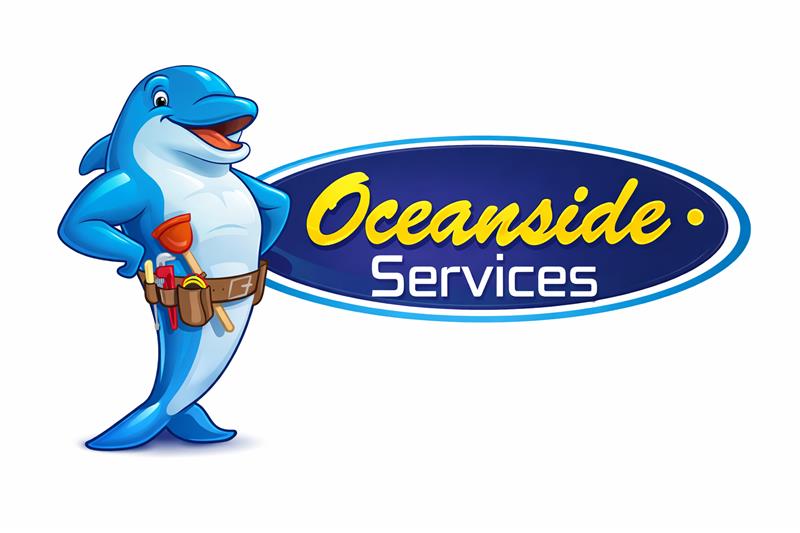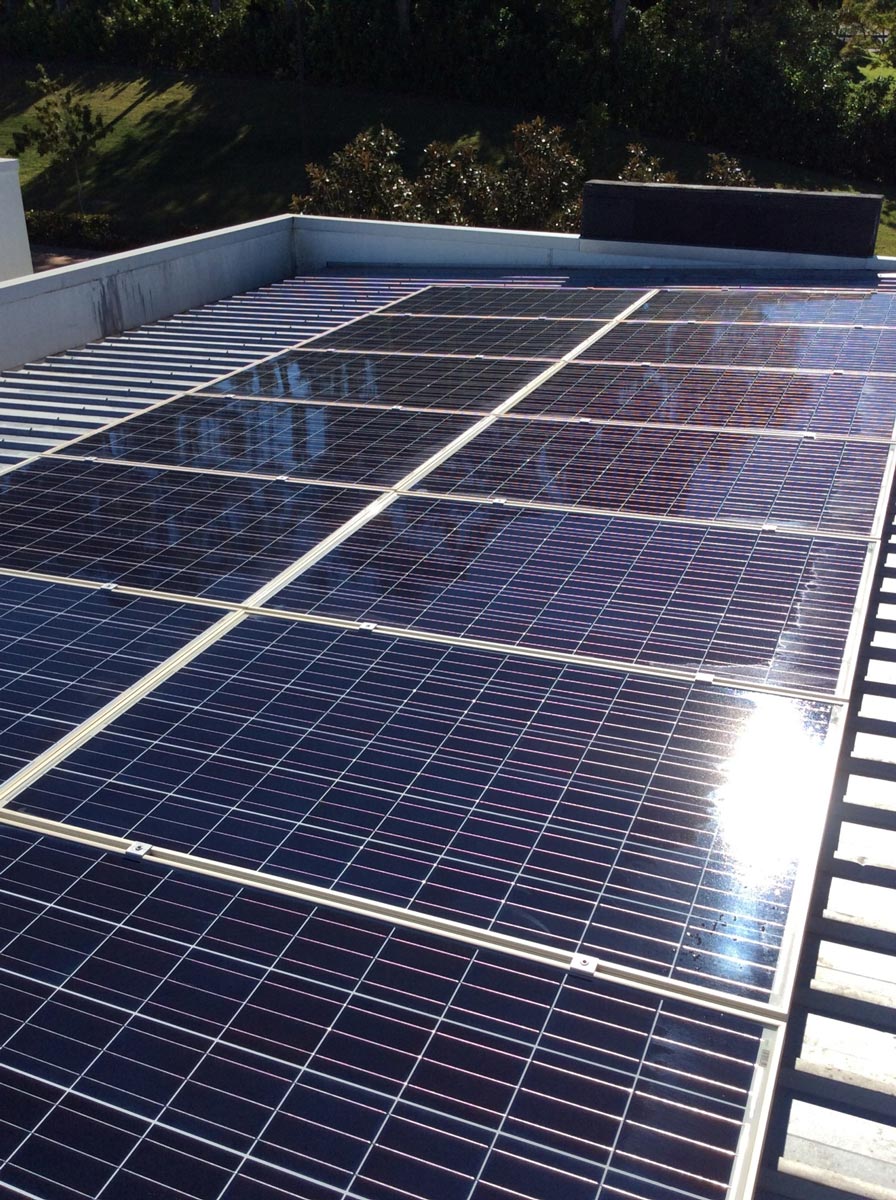Is your home prepared for the cooler months? With rising energy costs and growing environmental concerns, choosing the right heating solution for your home has never been more crucial. Fortunately, there are many energy-efficient heating systems available that keep you warm while being budget-friendly and eco-conscious. In this blog, we’ll explore various sustainable heating solutions, comparing their benefits, costs and efficiency to help you make an informed decision.
Heat Pumps
Heat pumps are quickly becoming a popular choice for homeowners looking to upgrade their heating systems. These systems transfer heat from the outside air or ground into your home, making them incredibly efficient. Not only can they provide heating during winter, but many models also offer cooling in the summer, giving you an all-in-one solution.
- Energy Efficiency: Heat pumps are highly energy-efficient, especially in milder climates. They can deliver up to three times more heat energy than the electrical energy they consume, making them a great option for reducing your energy bills.
- Environmental Impact: Since heat pumps use ambient heat from the air or ground, they have a lower environmental impact than traditional heating systems that burn fossil fuels.
- Cost: While the initial installation cost can be higher than other systems, the long-term savings on energy bills often justify the investment. Additionally, many heat pumps are eligible for government rebates, making them even more affordable.
Solar Heating Systems
Solar heating systems are the pinnacle of sustainable heating solutions. By utilising the sun’s free and abundant energy, these systems can significantly reduce your reliance on conventional energy sources.
- Energy Efficiency: Solar heating systems are extremely efficient, especially when paired with well-insulated homes. They convert sunlight directly into heat, which can be used to warm water or air in your home.
- Environmental Impact: Solar energy is renewable and produces no greenhouse gases during operation, making it one of the most eco-friendly options available.
- Cost: The initial cost of installing a solar heating system can be high, but the long-term savings on energy costs, along with potential government incentives, can make it a worthwhile investment. Maintenance costs are also relatively low, further reducing the total cost of ownership.
High-Efficiency Gas Furnaces
For those who prefer a more traditional heating method, high-efficiency gas furnaces offer a significant upgrade from older models. These systems are designed to maximise energy use, converting most of the fuel into usable heat.
- Energy Efficiency: Modern gas furnaces can reach efficiency levels of up to 98%, meaning nearly all the gas consumed is used to heat your home. This is a vast improvement over older, less efficient models.
- Environmental Impact: While gas is a fossil fuel, high-efficiency furnaces burn cleaner and use less fuel, reducing your carbon footprint compared to older furnaces.
- Cost: These furnaces are generally more affordable to install than heat pumps or solar systems. Although gas prices fluctuate, their efficiency can help keep running costs manageable.
Hydronic Heating
Hydronic heating, also known as underfloor heating, uses hot water circulated through pipes installed under the floor or through radiators. This method provides consistent, even heat that’s especially comfortable.
- Energy Efficiency: Hydronic systems are very efficient because they use water, which retains heat better than air. These systems can further reduce energy consumption when combined with a high-efficiency boiler or heat pump.
- Environmental Impact: When powered by a heat pump or solar energy, hydronic systems offer a low-impact, sustainable heating solution.
- Cost: Installation costs can be high, particularly if you’re retrofitting an existing home. However, the comfort and efficiency offered by hydronic heating systems make them a popular choice for those looking to enhance their living spaces.
Wood Pellet Stoves
Wood pellet stoves are an eco-friendly alternative to traditional wood-burning stoves. They burn small, compressed wood pellets made from waste wood, providing a renewable source of heat.
- Energy Efficiency: Pellet stoves are highly efficient, with many models offering automated feeding systems that optimise fuel use. They also produce less smoke and ash than traditional wood stoves.
- Environmental Impact: Since the pellets are made from wood waste, they are considered a renewable resource. Additionally, burning pellets produces fewer emissions than burning logs.
- Cost: Pellet stoves are generally less expensive to install than other heating systems and the cost of pellets is usually stable. However, you’ll need to factor in the cost of regular maintenance and cleaning to keep the stove running efficiently.
Transform Your Home With Energy-Efficient Heating
Choosing the right energy-efficient heating system is an investment in comfort, sustainability and long-term savings. At Oceanside Services, we offer sustainable heating solutions tailored to your home’s unique needs. Our expert team will help you select and install the most energy-efficient systems, ensuring your home stays warm while reducing energy use. Trust us for professional advice and high-quality service to make your home more energy-efficient. Reach out today to learn how we can help you create a more sustainable living environment.



 5 Star Service
5 Star Service 




